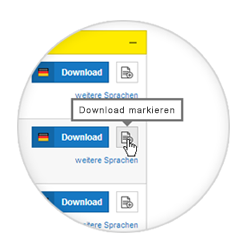PROTRAC: Radiation-based level measurement

FIBERTRAC 31
Show Product
FIBERTRAC 32
Show Product
SOLITRAC 31
Show Product
VEGASOURCE 81
Show Product
VEGASOURCE 82
Show Product
VEGASOURCE 83
Show Product
VEGASOURCE 84
Show Product
VEGASOURCE 85
Show Product
VEGASOURCE 86
Show Product
VEGASOURCE 31
Show Product
VEGASOURCE 35
Show Product
SHLD1
Show Product
SHLM-CR Series Source Holder
Show Product
SHLM-CX Series Source Holder
Show Product
SHLM-CP Series Source Holder
Show Product
SHLM-MI Series Source Holder
Show ProductHow does radiation-based level measurement work?
Product attenuates radioactive energy, and the detector outputs a level value based on the energy it measures.
Radiometric or radiation-based measurement sounds complicated, but it’s relatively easy to understand. An isotope with low radiating intensity is housed inside source holder on one side of a vessel or pipe. The secure source holder collimates the energy so it is directed only at a detector mounted on the opposite side. As material fills the vessel, less energy reaches the detector which outputs an inferred level measurement.
What are the advantages of radiometric instruments?
Radiometric sensors are used for continous level and point-level monitoring in the most difficult solids and liquids applications. The reason for this is nuclear gauges provide a non-contact measurement that delivers accurate readings without touching the process material, so there is no chance of damaging the detectors with harsh, abrasive or corrosive products that would require frequent and expensive maintenance. External mounting has the added benefit of allowing for installation during ongoing production.
What are common applications for radiation-based level measurement?
Radiometric sensors measure reliably also under extreme process conditions including high pressures and extreme temperatures.
Application examples for radiometric level measurement
Distillation column

Level and pressure measurement in the distillation unit
To the applicationCoke drums

Density, level measurement and point level detection in coke drums
To the applicationUrea reboiler

Level measurement and point level detection in the reboiler during the distillation of urea
To the applicationStorage tanks for highly toxic liquids

Level measurement and point level detection in highly toxic media
To the applicationDiscover the possibilities for radiation-based level measurement in your industry
Related industries

Refining and petrochemical

Chemical






Close